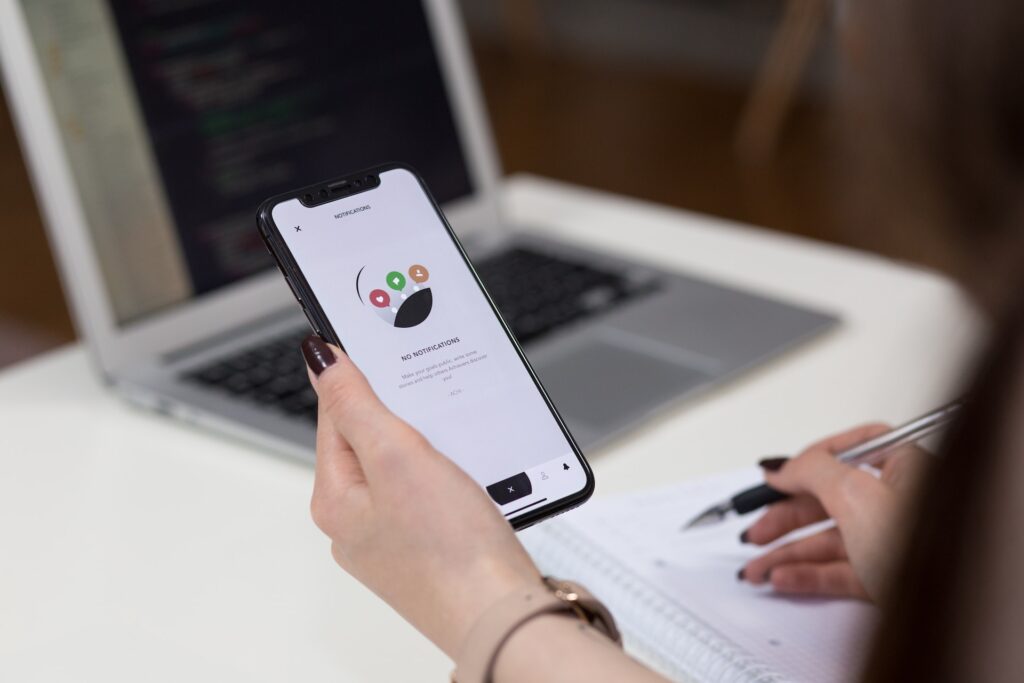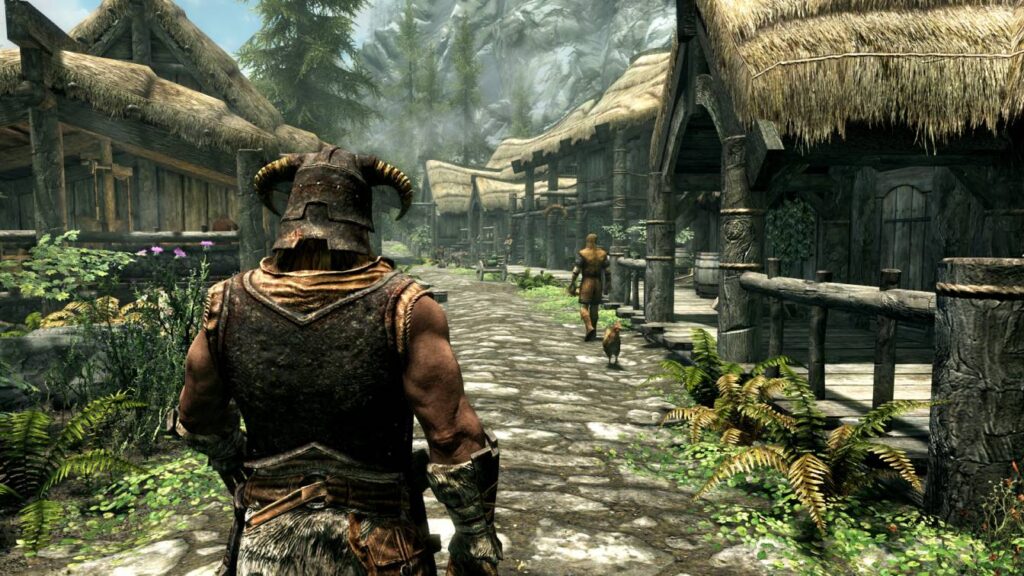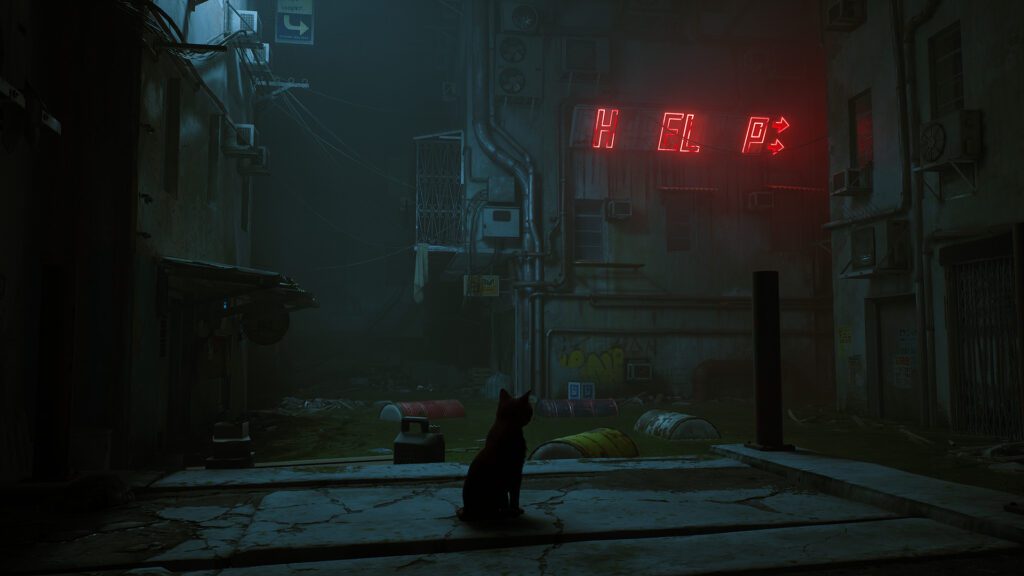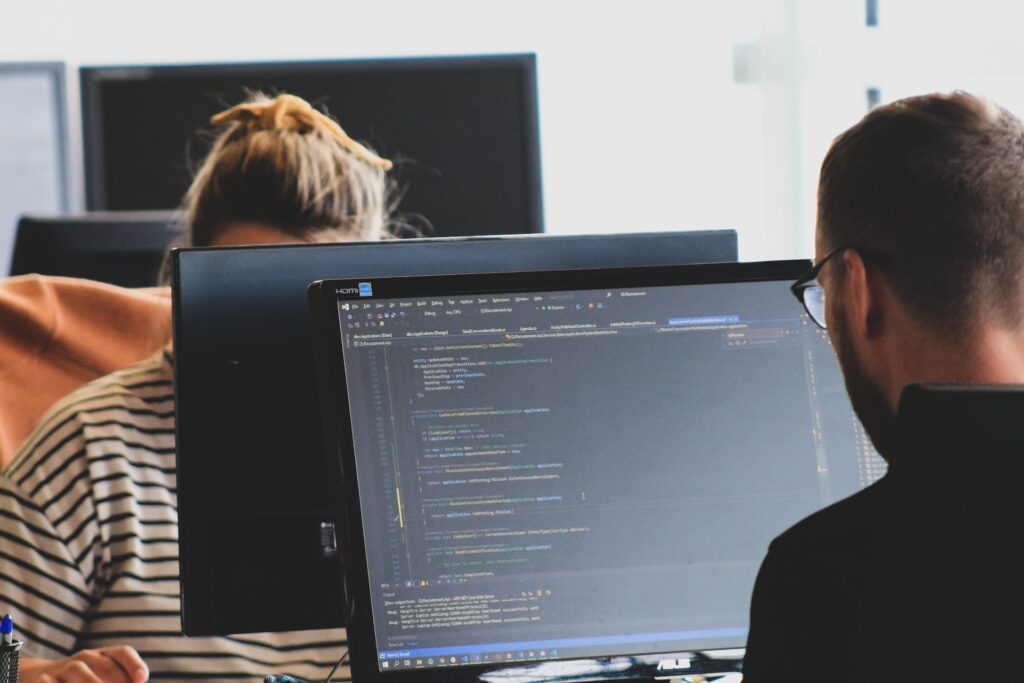In the extremely dynamic industry of games, where innovations and new technologies show up every now and then, game designers have one of the toughest tasks at hand: envisioning a game that feels unique while blending artistry, storytelling, and phenomenal worldbuilding to create highly engaging games.
With the rise of independent game development and the flexibility offered by home office jobs, which were extremely popular throughout the recent pandemic, freelancing has emerged as a tempting alternative for professionals who crave more autonomy in their lives.
In this article, we’ll explore the role of a freelance game designer, its tasks and responsibilities within the development pipeline, its salary, the pros and cons of being a freelancer, and an extensive description of the skills required to become one. Join us as we embark on a journey to uncover how you can take your future into your hands while contributing to the gaming industry.
What is a freelance game designer?
Let’s first talk about what a game designer is: they are the masterminds behind the idea, plot, universe, game mechanics, challenges, and characters of a game. They even play a role in a game’s creative department by choosing the game’s tone, atmosphere, and art style.
In short, game designers are like architects who design the blueprint for a building, except in this case they’re geared toward video games.
And then there are freelancers, who are self-employed professionals working on a multitude of projects. As we’ll explore later in the article, their work schedule is very flexible as they have the freedom to choose their clients and set their own work times.
So, by combining these two concepts, you have the freelance game designer, an extremely creative professional with flexible work hours. They bring their unique vision and set of skills to create immersive experiences for players, collaborating with different teams, working on a variety of projects, and offering their expertise to game development studios or individual clients.
Responsibilities and tasks of game designers
Game design is a comparatively broad niche in game development as it encompasses a swathe of things. While some game designers are generalists and do a little bit of everything as in the case of smaller game companies, it’s not uncommon to see them specialize in whatever area they feel most comfortable with.
For this reason, let’s take a look at the main responsibilities of a game designer:
- They are the masterminds behind game ideas and concepts: game designers are mostly known for brainstorming these ideas around, always aiming to generate the most enjoyable experience for their players. The initial idea might be crude and flawed, but there’s nothing that iterative testing and further design refinements cannot solve;
- They assemble the Game Design Document (GDD): this document is of utmost importance in the game development process, as it contains the detailed breakdown of game mechanics and other information game developers will need to translate these ideas into code;
- Creating game mechanics: game designers create the rules governing the game, progression systems, controls, and its core gameplay loop while ensuring the game is as enjoyable as possible;
- Level and environment design: most 3D games have levels and/or environments, which are built by game designers. They determine the layouts, obstacles, puzzles, interactive elements, and their placement in the world, making sure that everything happens at the right place and at the right time;
- Story, character, and narrative development: in most games, especially narrative-driven ones, game designers are also behind their plot, worldbuilding, characters, dialogues, quests, and much more, creating content that will drive the player’s journey;
- Balancing and testing: last, but not least, game designers have a very important task in their hands – making the game feel fair. The odds of making a game that is balanced in every way from the get-go are astronomically low, so the game designer must be comfortable with an iterative approach to design, testing everything, and evaluating feedback from other players.

How much do freelance game designers make a year?
As freelancers have very flexible schedules, with some working over 40 hours a week and others taking it as a side gig, pinpointing an actual value is hard. To further complicate our calculations, different countries and places tend to pay different wages.
However, according to community-sourced values on ZipRecruiter, game designers in the US work for $64 an hour on average, with newcomers making around $25 and the most experienced ones making 5 times as much.
Are there any advantages of being a freelance game designer?
Freelancers often enjoy a swath of benefits, thus being highly sought-after positions for millions around the world.
In this field, the biggest advantage is flexibility, as professionals enjoy the liberty to set their schedules and work on projects that align with their expertise and interests.
These positions usually allow freelancers to work from home, meaning that you can work from anywhere in the world – many proponents of digital nomadism are freelancers who never settle in one place. Also, working like this provides a much better work-life balance and cuts costs as there is no need to commute.
Freelance game designers often have the opportunity to work on projects that are varied across many areas of game development – you could be doing some polishing work for a mobile game and then working on worldbuilding for a desktop game for example. Or, if you so wish, you can specialize in a single area. Either way, you’ll be gaining experience and skills!
As a bonus, freelancers often enjoy some professional growth on the side as well, as they’re essentially a one-man business, so knowing how to market themselves and properly manage their workload is a must. The best part is that these skills will carry over to any other job in the future – freelance or otherwise – making you more valuable in this competitive job market.

What about the disadvantages?
In light of some of the points above, freelancer game designers don’t have it all. For one, it’s possible to go through long dry spells without finding gigs to work on, which makes their income uncertain and limits financial stability. To compensate for this, freelancers require careful planning to avoid getting caught in the debt trap.
As freelancers are like a one-man business, they also have to take care of business-related activities, like client acquisitions, invoicing, marketing themselves to secure new projects, and negotiating contracts. Balancing all the creative work game design requires with usual administrative tasks can be exhausting, which is not for everyone.
Another massive disadvantage for people-oriented freelancers is that the nature of the job can be solitary at times. Even though meetings and occasional conversations with other team members might alleviate the issue, freelancers are more prone to feel isolated.

Skills required to be a fantastic game designer
Freelancer or not, game designers usually require a good foundation, which includes design principles, common game mechanics, and industry trends. Depending on the genres and platforms you want to design for, you might need some specific knowledge, like having a clear understanding of the target platform’s controls and limitations.
In any case, we’ll list some of the critical skills freelance game designers must know:
- Creativity: what would be a design without all these creative minds? Game design is similar, requiring a great deal of imagination and innovation to create unique plots, mechanics, and game concepts. However, keep in mind that sometimes taking a game formula and giving it an original twist is also a valid way to design simpler games;
- Game design principles: having some knowledge of player psychology, designing meaningful (but fair) challenges, creating immersive experiences, and ensuring smooth and sensible progression is a must-have;
- Storytelling and general writing skills: game designers should possess decent storytelling skills to go with a compelling and engaging plot. By weaving them together with a smooth gameplay experience, it’s possible to enhance player immersion by a factor of 10. Furthermore, knowing how to create meaningful dialogues and write lore snippets is helpful, especially with adventure or story-based games;
- Great communication: even though the job might feel solitary at times, game designers will have to communicate with the development and art team to ensure everything is being created according to GDD. As an addition, game designers often are the ones receiving valuable feedback, which can then be used to further refine the game’s design;
- Problem-solving skills: it’s not uncommon to reach a standstill where design challenges seem insurmountable, and this is where having sharp problem-solving skills can help;
- Familiarity with game development tools: game designers need to understand the tools other team members use, like game engines and 3D modeling software, so they can avoid envisioning technically impossible features for their game;
- User experience design: even though game designers don’t have to be proficient UX designers, being familiar with the fundamentals of UX can go a long way, especially when paired with great user interface (UI) design;
- Organization, business, and marketing-related skills: as a freelancer, it is key to understand how to self-promote and basic marketing strategies to attract potential clients. Having a firm grasp of time management and organization skills is also a must, as deadlines in the gaming industry are often tight and unforeseen issues arise all the time;
Also, let’s talk about other skills that are nice to have as a freelance game designer:
- Technical knowledge: even though game designers seldom need to write code, being able to translate their vision into a crude prototype lets you find improvement points much earlier in the design, which might save valuable time down the line;
- Artistic skills: just like above, having reasonable art skills, especially if geared towards concept art, can be advantageous, as they allow game designers to communicate their vision in a tangible way. This is especially useful during the GDD writing phase of game design;
- Awareness of business trends: staying up-to-date with the latest trends, player preferences, and upcoming tools/technologies can help them create games that better resonate with their target audience, giving freelancers a competitive edge and making them stand out from the rest.

What if you’re looking for game design services?
To recap, game designers are professionals whose creativity is off the charts. They are responsible for envisioning the concept of a game, its core mechanics, plot, setting, and progression systems contained within, packaging them in a single cohesive and engaging package.
While most of them work full-time jobs, some have opted for the flexibility freelancing can provide in spite of its challenges. As the demand for unique and innovative games continues to rise, freelance game designers have a promising path ahead of them in the ever-changing gaming industry.
In the meantime, if you’re looking for freelance game designers for your project, there are many ways to find them – with online job postings and platforms like Fiverr and Upwork being two popular approaches to hiring them. However, depending on the scope of your project, a single freelancer might not be enough, and that’s where we’re able to help you.
At Main Leaf, we are your one-stop solution for all things game development. With our expertise in designing and developing fantastic games from the ground up in Unity and Unreal, we can bring your wildest ideas to life.
But that’s not all! We also offer extensive outsourcing services for game design, asset creation, development, and even blockchain-related needs. Over our 12 years of experience, we’ve partnered with many widely-known companies and have delivered projects within the stipulated deadline with excellence.
So what about partnering with us to unleash the full potential of your idea? Get in touch with us by filling out the form below and you’ll hear from us within 24 hours!

